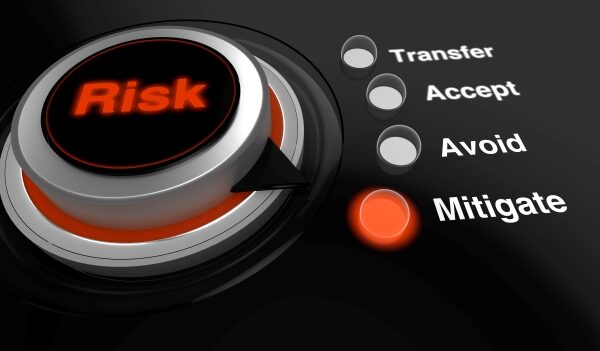
New DOL guidance on cryptocurrency investment options raises broader fiduciary questions for some plan sponsors.
Guidance from the Department of Labor about offering cryptocurrency investment options in 401(k) plans, including through self-directed brokerage windows, sparked discussion about the pros and cons of the windows and the fiduciary duty of corporates at a recent meeting of NeuGroup for Pensions and Benefits.
- The DOL guidance issued March 10 warned plan fiduciaries to “exercise extreme care before they consider adding a cryptocurrency option” to a 401(k). Plan sponsors responsible for offering crypto options or “allowing such investments through brokerage windows should expect to be questioned about how they can square their actions with their duties of prudence and loyalty,” it said.
- Analysis by the law firm Kilpatrick, Townsend & Stockton said, “the DOL’s statement was alarming because it could be read to suggest that plan fiduciaries may be responsible for particular investments offered through a brokerage window.”
- Beyond the issue of crypto, members were divided over whether the windows, also called self-directed brokerage accounts, introduced too much potential risk to retirement plans.
Defining fiduciary duty. The director of retirement assets at one corporate said making the decision to offer a brokerage window is a fiduciary decision, one that provides participants more investment options, such as ESG funds and Sharia-compliant funds—without requiring the company to find and approve them. This company doesn’t govern what’s being offered through its brokerage window.
- “But with recent guidance from the DOL, that could be in jeopardy,” the director said, adding the company may have to take more responsibility over the investments allowed through its window.
- However, the Kilpatrick, Townsend analysis noted that the acting secretary of the DOL’s Employee Benefits Security Administration has said the guidance was not a “backdoor way to regulate brokerage windows in a whole new way.”
- The secretary also clarified that the guidance does not say that fiduciaries are responsible for reviewing and approving each individual investment option available under a brokerage window, the law firm said.
- But “further guidance is needed to clarify the DOL’s position on the scope of fiduciary responsibility for investment options under a brokerage window,” it added.
Proceed with caution. One session participant said when his team talks to consultants about brokerage windows in DC plans, they tend to be cautious, expressing concerns about plan participants potentially making investment decisions that materially worsen their retirement plans.
- One assistant treasurer said, “We’re scared out of our minds about a brokerage window, because of what the plan participants could do within it.”
- He said that his company’s approach has been to offer a relatively small number of investment options that, aside from some target-date funds, are passive and very low cost. “So a brokerage window would be inconsistent with that,” he said.
- Last year, one treasurer expressed dismay at the underperformance of investment portfolios held by many participants who use the window his company offers. And he shared his view of fiduciary duty: “Fiduciary isn’t simply a legal obligation or responsibility, it’s a moral one,” he said.
- He added, “Shouldn’t I inform people from my seat that in the majority of cases, self-directed trading, overtrading and timing [the market], largely underperforms in the long run?”


